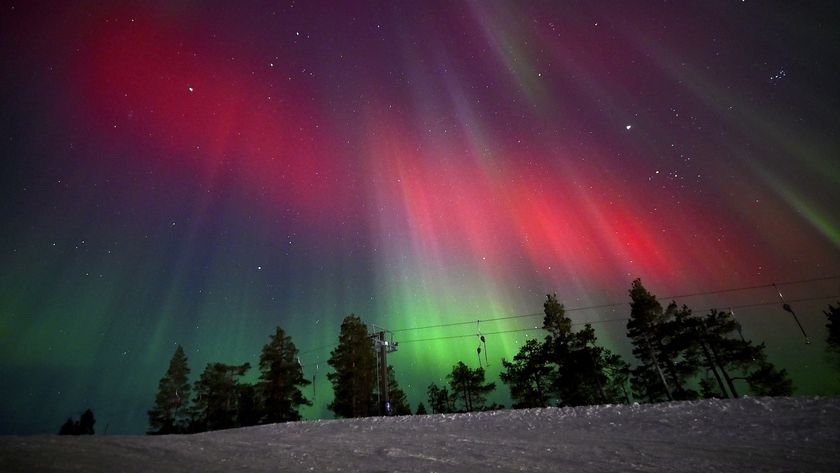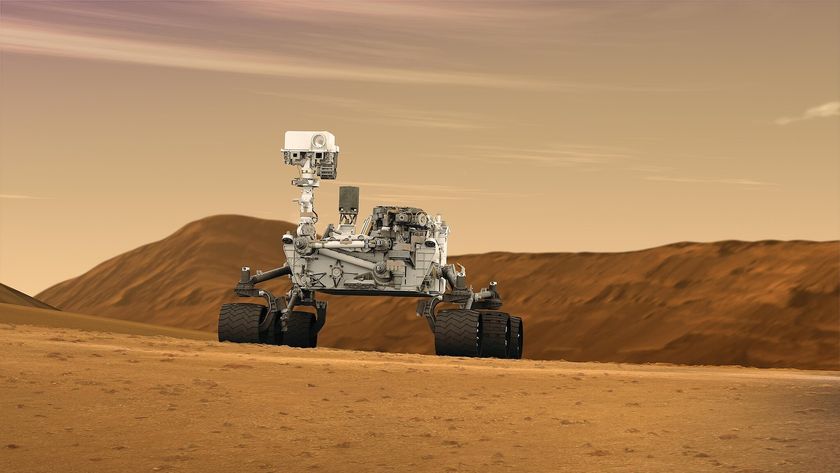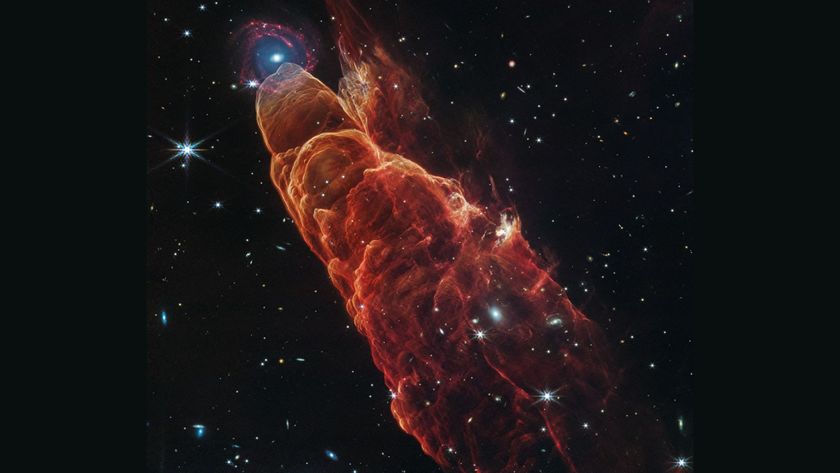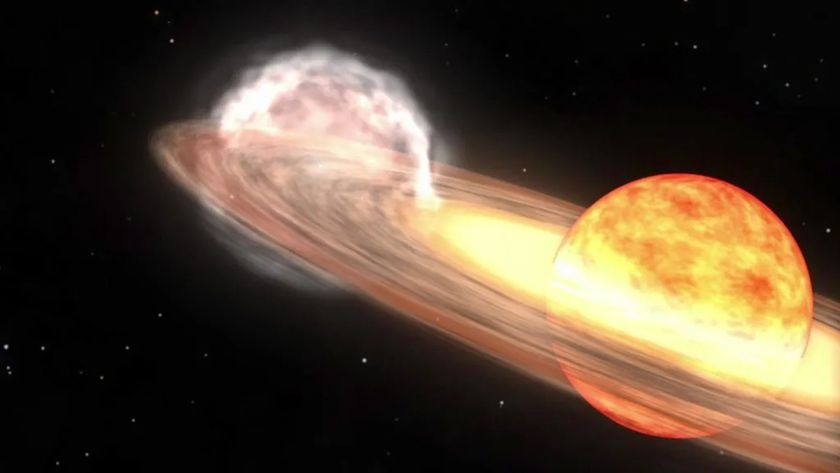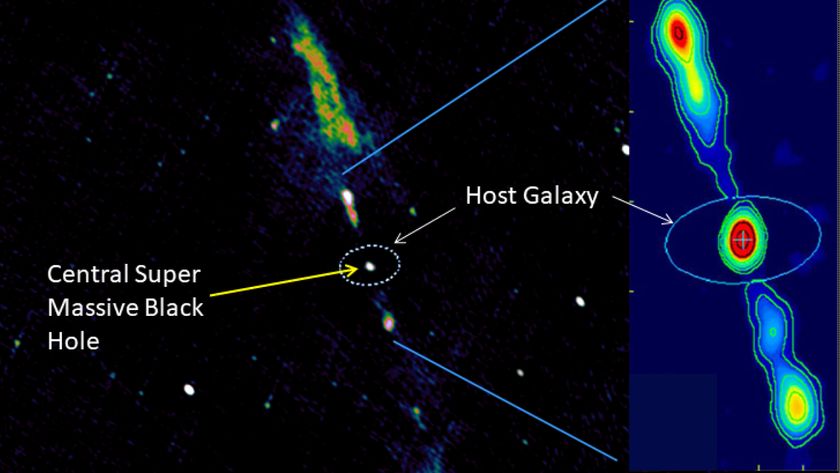
Religion and science may be naturally at odds, but being anti-science? Well, that's mainly a problem with those other people.
That seems to be the view of most Americans, according to new survey data.
A majority of Americans see religion and science as frequently at odds, but two-thirds of Americans say their own personal beliefs do not conflict with science, according to a new survey conducted by the Pew Research Center.
What's more, religious people are likelier to see no conflict between the two, with just half saying science and religion frequently clash. Meanwhile, about three-quarters of those who rarely attend religious services say that science and religion are frequently in conflict. [Religion and Science: 6 Visions of Earth's Core]
"It is the least religiously observant Americans who are most likely to perceive conflict between science and religion. But that perception is not closely tied to their own religious or supernatural beliefs," study co-author Cary Funk, associate director of research on science and society at the Pew Research Center, said in a statement.
The fact that the people least likely to hold religious views are most likely to see a clash between faith and science "suggests the perception of conflict is rooted in assumptions about other people's beliefs," she added.
Beliefs versus science
Sign up for the Live Science daily newsletter now
Get the world’s most fascinating discoveries delivered straight to your inbox.
The new survey was based on a nationally representative sample of 2,002 individuals who were called on their landlines and cellphones in August 2014.
Approximately 1 in 6 people with no religious affiliation said their beliefs were in conflict with science. About 40 percent of evangelical Christians saw a conflict between the two. Overall, the number of people who saw a clash between their faith and science fell, from 36 percent in 2009 to just 30 percent in 2014.
"Where people do see a conflict, it has to do with evolution and the creation of the universe," Funk told Live Science.
The scientific consensus is that the universe is more than 13 billion years old and that humans evolved from earlier species. Based on the survey data, it seems that most people are aware of the scientific consensus on hot-button issues such as evolution, with two-thirds saying that scientists believe humans have evolved over time (even if they don't personally agree). For evangelical Protestants, about half had an accurate picture of the scientific consensus on human evolution.
But step back from issues like evolution or the Big Bang, and the stark divides along religions lines disappear. For instance, religious people are just as likely as the unaffiliated to accept climate change, to support space exploration, to see genetically modified foods as safe and to support the use of bioengineered tissues in humans, the study found. A January study published in the American Sociological Review found that well-educated religious people are just as scientifically literate as their agnostic and irreligious counterparts — they just selectively reject theories that conflict with their deeply held beliefs.
"Our analysis points to only a handful of areas where people's religious beliefs and practices have a strong connection to their views about science topics and a surprising number of topics where religious differences do not play a central role in explaining their beliefs," Funk said.
Follow Tia Ghose on Twitter and Google+. Follow Live Science @livescience, Facebook & Google+. Original article on Live Science.

Tia is the managing editor and was previously a senior writer for Live Science. Her work has appeared in Scientific American, Wired.com and other outlets. She holds a master's degree in bioengineering from the University of Washington, a graduate certificate in science writing from UC Santa Cruz and a bachelor's degree in mechanical engineering from the University of Texas at Austin. Tia was part of a team at the Milwaukee Journal Sentinel that published the Empty Cradles series on preterm births, which won multiple awards, including the 2012 Casey Medal for Meritorious Journalism.

